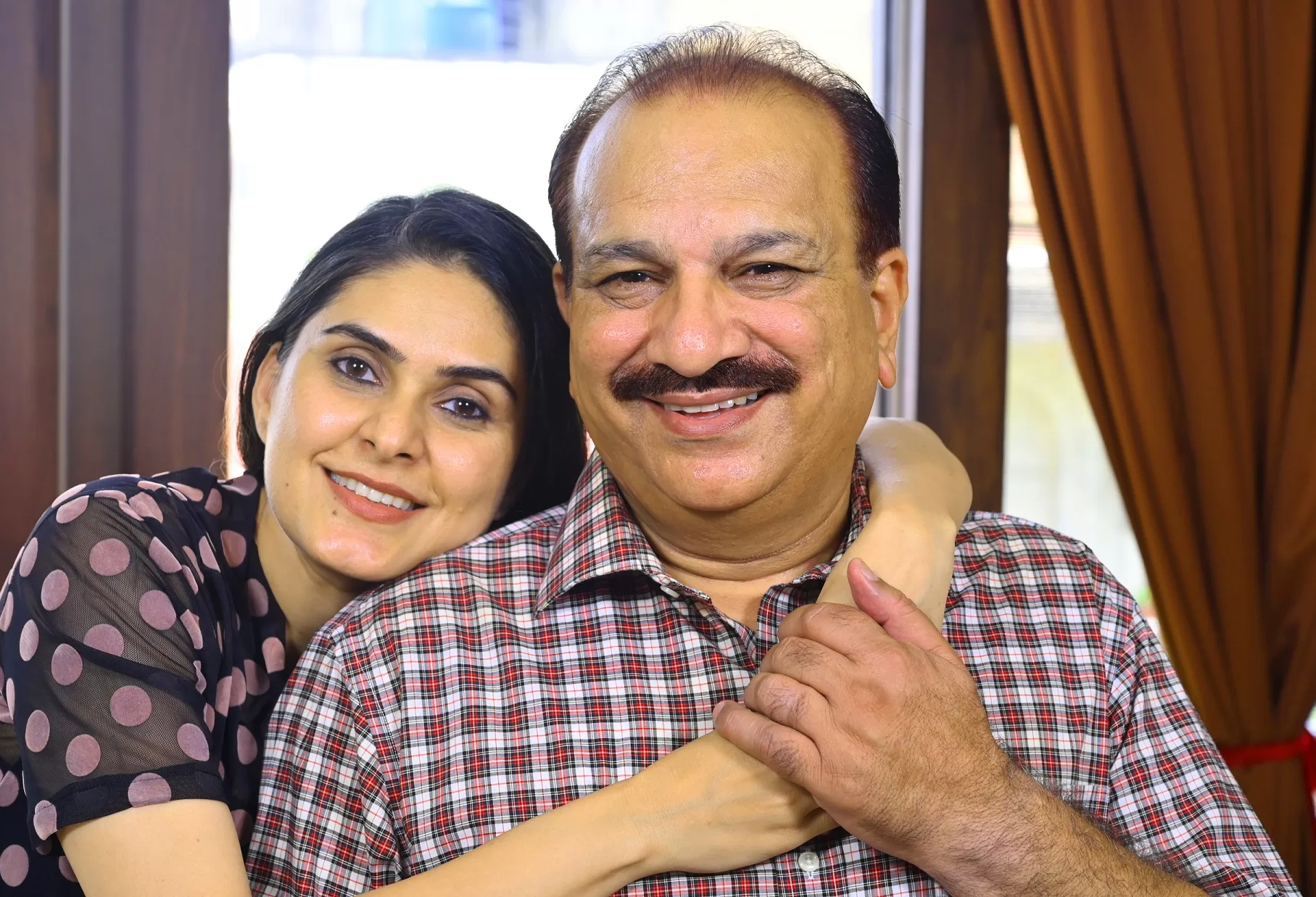How to Build Trust in a Relationship

To feel secure and loyal to your partner in a relationship is to have faith in them. You feel secure around them and know they won’t harm or violate you.
Relationships are built on trust because it frees you up to be open and vulnerable with the other person without needing to defend yourself.Trust is essential for a relationship to be successful and joyful.
Here are a few important benefits of trust in relationships:
Encourages optimism
Relationships require trust because it enables you to be more frank and generous. Since you have faith in them and know they have your back, you are more likely to tolerate their flaws or annoying behaviours if you trust your partner.
Lowers conflict
You can also handle disagreements when you have trust. When you trust your partner, you are more inclined to put up with challenges or dedicate yourself to finding answers because you feel allied in the causes that are most important to you. You are likely to give them the benefit of the doubt and see the good in them, even if they do something disappointing.
Increases sense of closeness
Having confidence and trust in your relationship fosters more safety and intimacy. You feel safe knowing your partnercan be counted on for comfort, care, and support.
Your nervous system may also unwind, rest, and reset when you trust your spouse. Your partnership can be a place of healing for both sides by building a solid foundation of trust, especially if this has only sometimes been the case in previous relationships with family or ex-partners.
How does a lack of trust affect you and your relationship?
Trust takes time to develop, and if your partner frequently breaks pledges or commitments, you will have low expectations of them.
You will realise that your relationship is unreliable when their words and deeds conflict. Persistent transgressions or unpleasant actions destroy trust.
Lack of trust can harm your relationship and lead to several issues. Your mental health may also suffer from a lack of trust.
These are a few of the outcomes:
Lack of intimacy: Intimacy tends to decline in relationships with low trust. You’ll probably want to put some emotional and physical distance between yourself and your cheating lover.
Negativity: If you believe your partner has wronged you, you may become fixated on this thought, which will not only make you retreat from them but also make you angry with them. This will prevent intimacy and connection.
Insecurity:Lack of trust results in relationship insecurity. You might become more controlling in response to your partner’s constant doubts. Contrarily, the activities used to acquire control typically drive partners apart. For instance, pestering your spouse with calls or texts all the time to check in on them can make them run away.
Depression and anxiety:If you don’t trust your partner, you’ll always wonder if they are telling the truth or trying to trick you. This can make you feel sad or anxious.
Lack of concentration:A lack of trust can make it difficult to focus, especially if you are always concerned or wondering what the other person is feeling, thinking, or doing.
Distress: Betrayal, trauma, and emotional turmoil are just a few of the mental, emotional, and physical side effects of not being able to trust your partner.
Fear:A lack of trust can result in anxiety and fear. You may be terrified of what your spouse will do next or that they won’t be there for you when you need them.
Loneliness:Feelings of loneliness and isolation are inevitable when you can’t trust the people in your life who are closest to you.
How do you build trust in your relationship?
You can take several actions to buildtrust in your relationship:
Correct mistakes
Being open and truthful when one of you breaks an expectation or causes another person harm is crucial in developing trust.
Everyone makes mistakes. When you fix whatever was harmed due to the error, you may learn from each other and get closer. The best thing to do is fully accept your mistakes and show how you will improve.
Communicate
Engaging in open communication also increases trust. Secrecy tends to undermine confidence, so when your spouse can be honest and give you room to discuss subjects that could make you uncomfortable, you can feel more comfortable and begin to lower your guard.
The closer you feel to your partner, the more you can align your goals. You may discuss relationship difficulties more easily if there is open communication between you. You will feel more connected to your lover by having honest conversations.
You can take help from a therapist who will be able to initiate a dialogue between you and your partner.
How do you restore trust?
There are steps you can take to help restore intimacy and connection if trust has been lost in a relationship:
- Be honest and prepared to improve the connection
- Create fresh, positive experiences together
- Discover ways to connect through talking to each other
- While speaking, be sure to mean what you say
- Keep your word and follow through on your obligations.
To better understand your spouse and your relationship with them, listen with empathy, be there with them, and ask questions.
Develop your awareness of yourself to say what you think, feel, need, and want.
Patience is crucial, as is acknowledging and accepting responsibility for errors made, apologising for any pain caused, and being explicit and detailed about how things will be done better in the future.

Rebuilding trust may take some time, but if you keep improving your relationship, you can eventually restore those broken ties.
Relationships are built on the foundation of trust, and a loss of trust can result in negativity, conflict, insecurity, despair, and anxiety. Working together to establish trust in your relationship is essential if you want to be able to let your guard down and be vulnerable with your partner.
See a therapist or a couples counsellor for assistance if you’re having trouble getting your partner to resolve your trust issues.